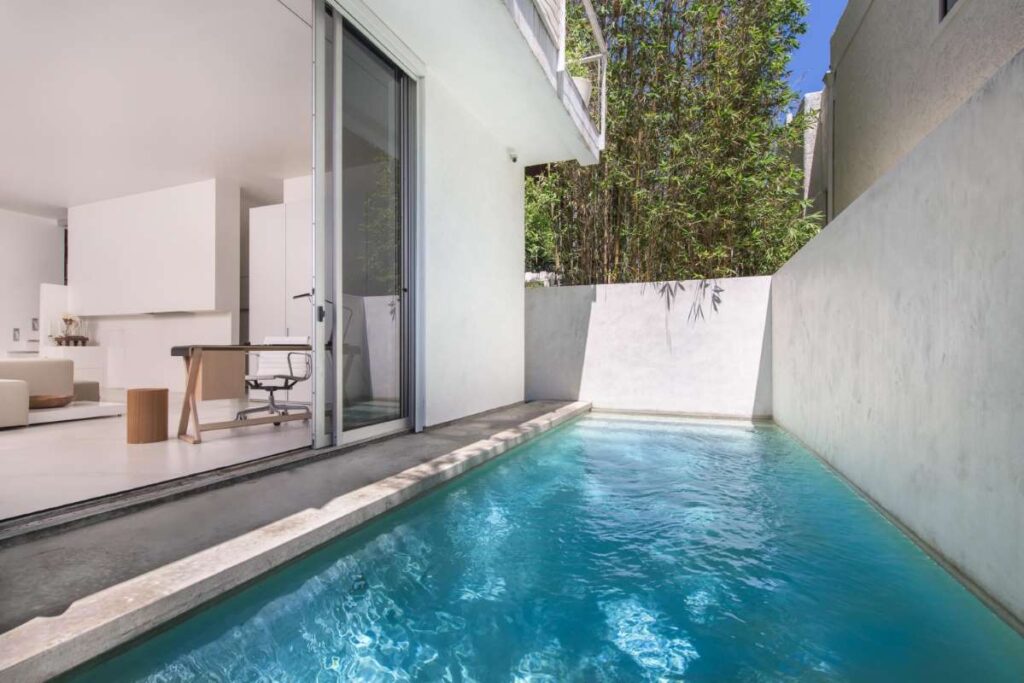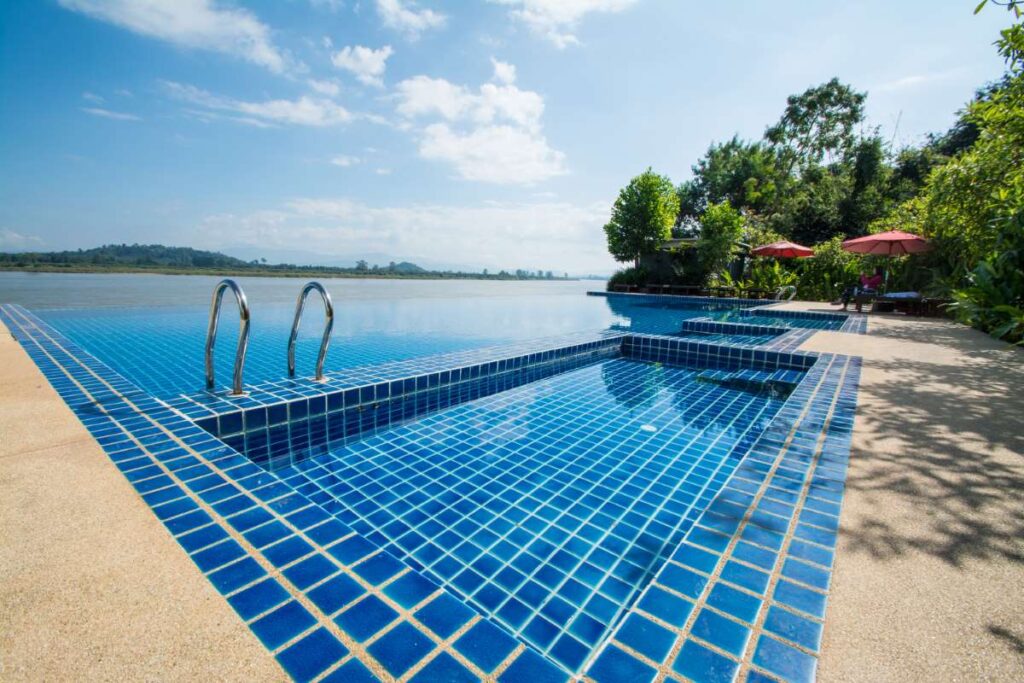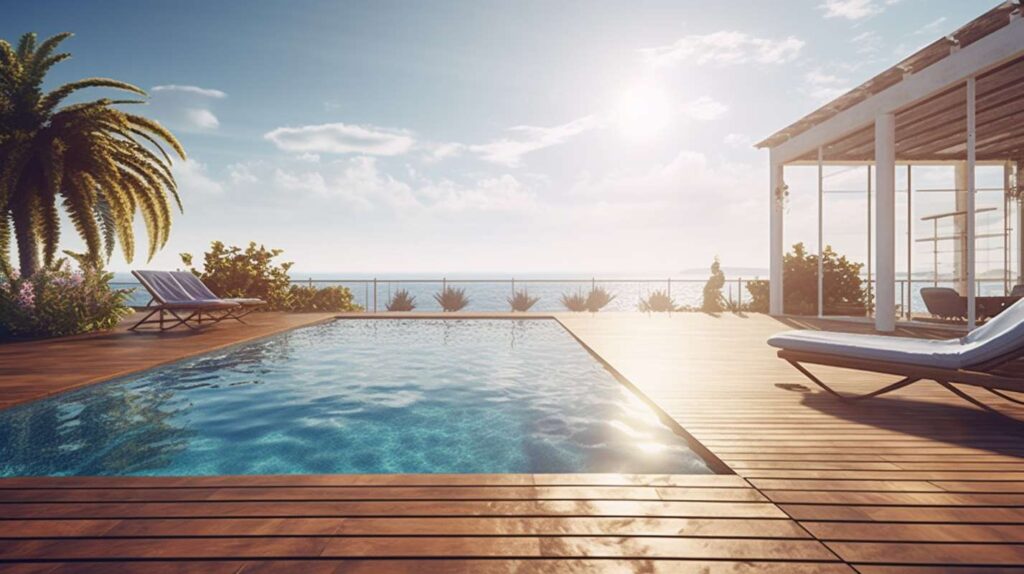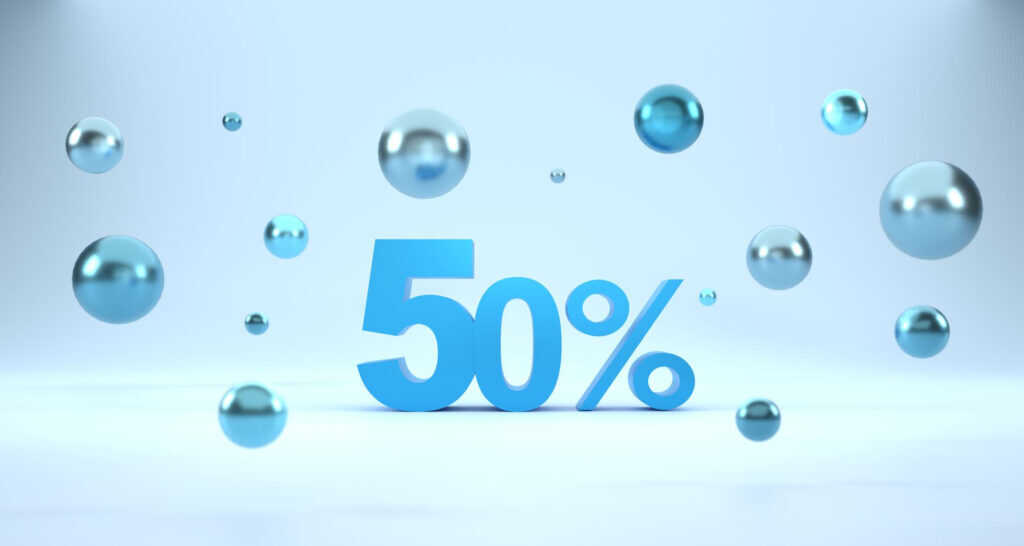Discover the essential aspects of pool circulation systems and learn how to keep your pool water clean and refreshing all year round.
A Beginner’s Guide to Understanding Pool Circulation Systems
Understanding pool circulation systems is crucial for any pool owner or enthusiast. A well-functioning circulation system ensures that your pool water remains clean, clear, and safe for swimming. This guide delves into the various components of pool circulation systems, their importance, and practical tips for maintaining them. Whether you’re a new pool owner or looking to enhance your pool maintenance knowledge, this article will provide you with valuable insights.
In this guide, we will cover the fundamental elements of pool circulation systems, including pumps, filters, and plumbing. We will also discuss the significance of maintaining a balanced water chemistry, the benefits of regular maintenance, and how to troubleshoot common issues that may arise. By the end of this article, you will have a comprehensive understanding of how to keep your pool in optimal condition.
Understanding the Components of Pool Circulation Systems
The heart of any pool circulation system is its core components: the pump, filter, and plumbing. Each plays a vital role in ensuring water moves effectively through the pool, maintaining cleanliness and hygiene. The pump is responsible for circulating water throughout the pool and pushing it through the filtration system.
Pumps come in various sizes and types, including single-speed, dual-speed, and variable-speed. Variable-speed pumps are particularly beneficial due to their energy efficiency, allowing you to adjust the flow rate based on your pool’s needs. It’s essential to choose a pump that matches the size of your pool to maintain effective circulation.
Next, the filter removes debris, impurities, and contaminants from the water. There are three main types of filters: sand, cartridge, and diatomaceous earth (DE) filters. Sand filters are popular for their low maintenance, while cartridge filters offer excellent filtration without the need for backwashing. DE filters provide the finest filtration but require more upkeep. Understanding the advantages and disadvantages of each filter type is crucial for selecting the right one for your pool.
The Role of Water Chemistry in Pool Circulation
While circulation systems are essential for moving water, maintaining proper water chemistry is equally important. The balance of chemicals in your pool water directly affects its clarity, safety, and comfort. Key chemical factors include pH, chlorine levels, alkalinity, and calcium hardness.
Regular testing of water chemistry ensures that your pool remains safe for swimming and prevents algae growth and other waterborne issues. It’s recommended to test the water at least once a week during the swimming season, adjusting chemical levels as necessary. A properly balanced pool not only enhances swimming experience but also reduces the risk of equipment damage.
One of the most common issues pool owners face is algae growth, which thrives in improperly balanced water. By maintaining appropriate chemical levels and ensuring effective circulation, you can significantly reduce the likelihood of algae taking hold. Additionally, consider using algaecides as a preventive measure, especially during warmer months when algae are more active.
Common Maintenance Practices for Pool Circulation Systems
Regular maintenance of your pool circulation system is vital for prolonging its lifespan and ensuring optimal performance. Start by routinely checking the pump and filter for any signs of wear and tear. Clean or replace filter cartridges as needed to ensure proper water flow and filtration efficiency.
It’s also essential to clear any debris from the skimmer and pump baskets regularly. Clogged baskets can impede water flow, forcing the pump to work harder, which can lead to increased energy costs and potential equipment failure. A simple weekly inspection and cleaning routine can make a significant difference in your system’s performance.
Additionally, consider flushing your pool’s plumbing lines annually. This process helps remove any buildup of dirt, debris, or algae that may have accumulated over time. Regular flushing can improve water circulation and enhance the efficiency of your filtration system.
Troubleshooting Common Pool Circulation Problems
Even with regular maintenance, pool circulation systems can encounter issues that require troubleshooting. One common problem is low water flow, which can stem from clogged filters or pump issues. If you notice weak water flow returning to the pool, check the skimmer basket and filter for blockages, and clean them as necessary.
Another issue is air leaks in the system, which can cause the pump to lose prime. Check all plumbing connections, ensuring they are tight and free of cracks. If air leaks persist, consult a professional to evaluate the integrity of your plumbing system.
Lastly, if your pool water appears cloudy, it may be due to insufficient filtration or imbalanced water chemistry. Ensure your filter is functioning properly and perform a water test to adjust chemical levels accordingly. A quick response to these issues can keep your pool clean and inviting.
Expert Tips for Enhancing Your Pool Circulation
To further enhance the effectiveness of your pool circulation system, consider these expert tips. First, ensure that your pool’s return jets are angled correctly. Properly positioned jets promote better water circulation and prevent dead spots where debris can accumulate.
Additionally, installing a variable-speed pump can significantly reduce energy costs while improving circulation efficiency. These pumps allow you to customize the flow rate, making it easier to maintain optimal water movement without overworking the machinery.
Furthermore, incorporating automation technology can streamline your pool maintenance processes. Automated systems can monitor water chemistry, adjust chemical levels as needed, and even schedule cleaning cycles, ensuring that your pool remains in top condition with minimal manual intervention.
The Importance of Professional Assistance
While many pool owners can manage routine maintenance tasks, professional assistance can be invaluable for more complex issues. If you encounter persistent problems or feel overwhelmed with maintenance, consider hiring a pool service professional. They possess the expertise to identify and resolve problems efficiently.
Professional services can also provide insights into optimizing your circulation system and recommend upgrades or replacements when necessary. This support can save you time and ensure that your pool remains a safe and enjoyable place.
Conclusion
Understanding pool circulation systems is crucial for maintaining a safe and enjoyable swimming environment. By familiarizing yourself with the core components, chemical balance, and maintenance practices, you can ensure that your pool operates efficiently.
The significance of proper circulation cannot be overstated; it impacts everything from water clarity to the longevity of your pool equipment. Regular maintenance and timely troubleshooting play a vital role in sustaining an inviting pool atmosphere.
If you’re interested in expanding your pool service knowledge or looking to invest in a pool service business, consider exploring options like [Pool Routes for Sale](https://pool-routes-for-sale.com/). With the right knowledge and resources, you can enhance your pool maintenance practices and enjoy a pristine swimming environment for years to come.



